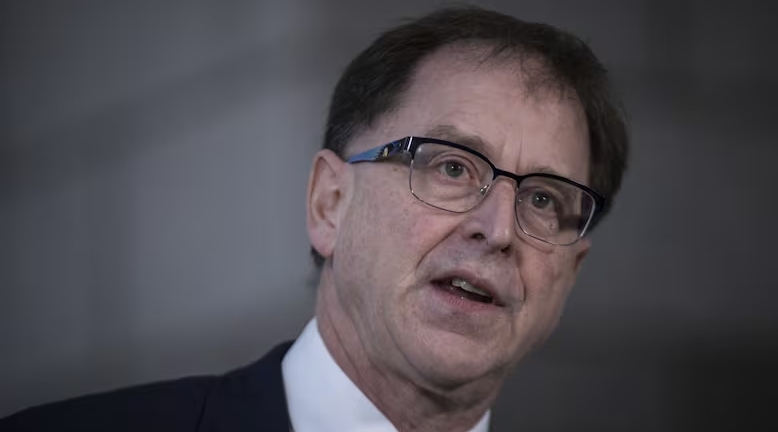B.C. Faces Uphill Battle to Meet 2030 Climate Targets as Debate Grows Over LNG and Clean Energy Plans
Emma MacLeod
5/6/20252 min read


British Columbia is expected to fall significantly short of its 2030 greenhouse gas emissions reduction targets, according to the province’s newly released 2024 Climate Change Accountability Report. The report projects a 20 per cent emissions drop from 2007 levels by 2030—half of the 40 per cent reduction goal set under the CleanBC plan.
In response, Energy Minister Adrian Dix emphasized a renewed focus on expanding electrical capacity and fast-tracking renewable energy projects, calling it a major step for B.C.'s energy transition. “This is the most significant action on renewable electricity since the 1960s,” said Dix, adding that the effort is crucial for both the environment and the economy.
However, critics argue that B.C.’s simultaneous push to expand its liquefied natural gas (LNG) industry is incompatible with its climate goals. Economist Marc Lee highlighted that the upcoming launch of LNG Canada in Kitimat could add between four to eight million tonnes of emissions annually, further straining the province’s emissions targets.
When pressed about LNG’s impact on climate goals, Dix pointed instead to rising transportation emissions as the largest recent contributor. He maintained that clean electricity expansion remains a central part of the strategy.
Some First Nations leaders voiced concerns that renewable energy projects may be expedited without proper consultation. Robert Phillips of the First Nations Summit emphasized the need for inclusion, though he acknowledged assurances from the provincial government about engagement.
Political scientist Kathryn Harrison from the University of British Columbia welcomed the increased transparency in the new climate report but warned that deeper, systemic decarbonization is necessary. She called for immediate steps like a zero-emissions vehicle mandate for larger vehicles and an emissions cap on oil and gas operations.
B.C. Green Party interim leader Jeremy Valeriote echoed those concerns. While praising investments in transit and building retrofits, he urged the province to halt further LNG development and pivot fully toward renewables.
Lee noted that broader political focus on affordability and trade issues has dampened climate urgency across Canada and internationally. He stressed that without coordinated global action, B.C.’s efforts alone won’t be enough to curb the climate crisis.
“Time is running out,” said Harrison. “If not by 2030, we need to ask ourselves: Can we hit 40 per cent by 2032?”
News
Stay updated with the latest BC news stories, subscribe to our newsletter today.
SUBSCRIBE
© 2025 Innovatory Labs Inc.. All rights reserved.
LINKS
